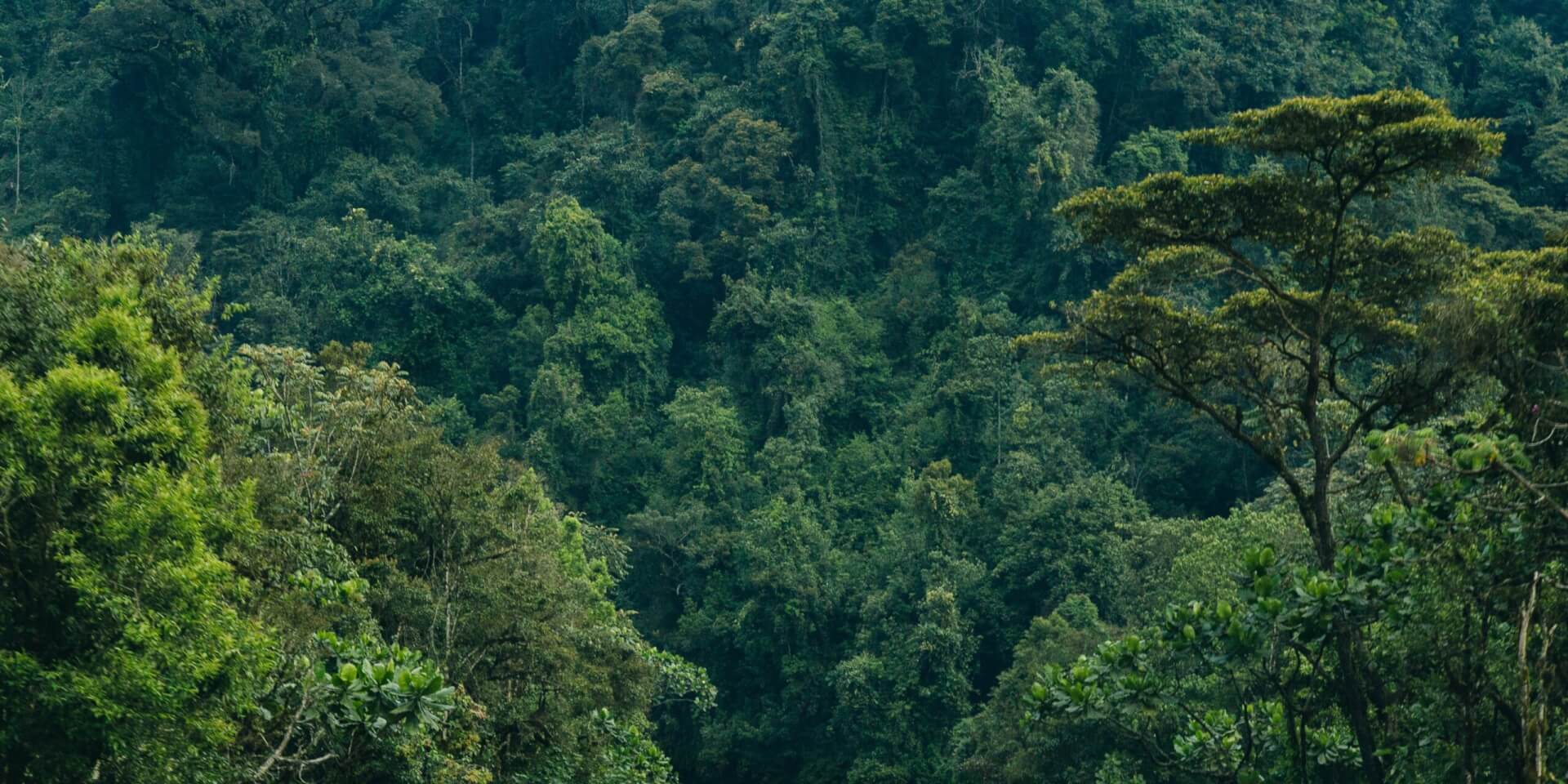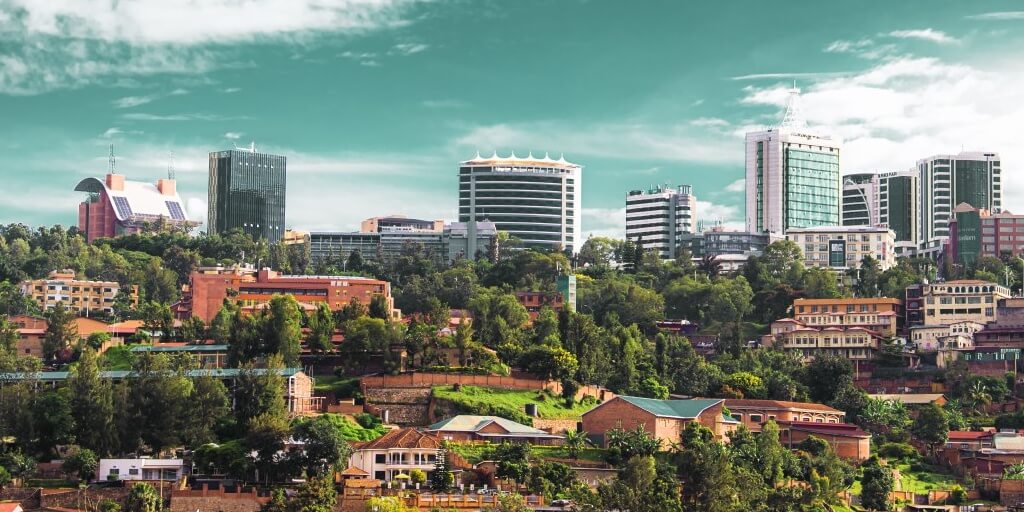
Climate scientists gathered in Kigali, Rwanda last October and called for “more ambition” and urgent action to address climate change.
At the second Open Science Conference of the World Climate Research Programme (WCRP) in Kigali, Rwanda, 1,400 climate science delegates emphasized that academics, governments and industry need to work together on solutions which can be put into practice as soon as possible – and that scientists in the Global South need to play a leading role.
“A stronger partnership between the Global North and South needs to involve a concerted effort to enable regionally led, bottom-up determination of research needs and priorities, and an accompanying shift towards greater convening power by the Global South,” climate scientists wrote in a joint declaration from Kigali. “Such an approach needs to be a true global partnership that actively enables co-leadership by the Global North with the Global South.”
Like much of the Global South, African countries face the worst effects of climate change, from flooding to crop failure, fires and other catastrophic damage. But that’s also why scientists from the region are well-placed to guide efforts to take on climate change.
For scientists in the Global South, that means increasing funding and the transfer of technology, as well as data-sharing – and, importantly, putting scientists from the region “at the forefront of regional and international climate research,” the Kigali declaration argues.
“As Africa carries the heaviest burden of the associated climate change effects, despite contributing less than 5% of the world’s greenhouse gas emissions, it is critical that African voices are strongly engaged in shaping the climate research and action agenda,” adds ISC President Peter Gluckman, who spoke at the conference.
Global solidarity for climate justice: perspectives from an early-career researcher
This piece is part of a series of special blogs developed to raise awareness on inclusive climate perspectives, with focus on early-career researchers (ECR) and scientists from the Global South. In this article, Dr. Leandro Diaz, a climatologist from Argentina, shares his perspective on global solidarity for climate justice.
Scientists at the conference emphasized that countries need to uphold commitments to phase out fossil fuels and speed up the transition to renewable energy. At the same time, as the consequences of climate change worsen, adapting to climate change has become an unavoidable necessity.
But measures in the region have not kept up, and there’s little financing and less climate data available to guide future adaptation efforts, climate scientists warn in the Kigali declaration. “The current levels of adaptation are insufficient to counteract the impacts of climate change already being observed,” they note, which has led to a “considerable and increasing gap” between Global North and South.
To close that gap, one of the key recommendations from the Kigali conference is a focus on providing accurate, detailed scientific data to guide communities in dealing with the immediate and long-term effects of climate change.
Climate scientists also emphasized the need for better early warning systems and disaster preparedness to guard against climate catastrophes – like ongoing drought in the Horn of Africa and flooding in Libya. “Success requires improving climate knowledge, committing to more ambition in climate mitigation and adaptation, and developing climate decision support systems,” they write.
Delaying action will only limit the options, they add: “Adaptation measures will become limited or even unviable in some regions, leading to widespread and inequitable loss and damage, and increased migration.” And the cost of doing nothing is far greater, they note. “Any further delays to climate change mitigation will severely exacerbate risk and impacts and require substantially costlier adaptation and mitigation responses in future.”

The human dimension of disaster risk reduction: social sciences and climate adaptation
In this article, Dr. Roché Mahon, a social scientist specialized on climate, highlights how social sciences can effectively improve climate adaptation and ultimately save lives.
Global science needs “a new big science approach” to take on these pressing challenges, Gluckman adds. Stepping up efforts to mitigate and adapt to climate change “will require intense international collaboration on research and innovation to develop and deliver effective solutions across all sectors of the global economy,” he argues.
“We need to promote greater use of evidence in decision-making and support development of efficient, scalable, affordable and inclusive innovations,” he adds. “Science itself must change,” he adds, by emphasizing a wider range of disciplines, and by dramatically increasing funding.
The problem could not be more urgent, the scientists emphasize: “This global partnership needs to be developed immediately due to the urgency of the problem and the irreversibility of climate change.”
From monsoon joy to fear: a climate crisis awakening
In this article, Dr. Shipra Jain, a physicist and climatologist from India, bares her heart on climate change and its impacts on society.

One world, one climate: a planetary call to action
Ambassador Macharia Kamau, Member of the ISC Global Commission on Science Missions for Sustainability, urges the international community to close the North-South gap in scientific research on climate and strive towards a ‘one world, one climate’ approach for global and sustainable solutions to the climate crisis.
Photo by Faustin T on Unsplash
Disclaimer
The information, opinions and recommendations presented in our guest blogs are those of the individual contributors, and do not necessarily reflect the values and beliefs of the International Science Council